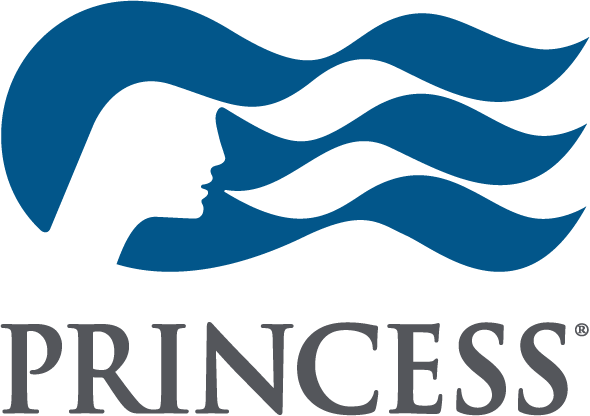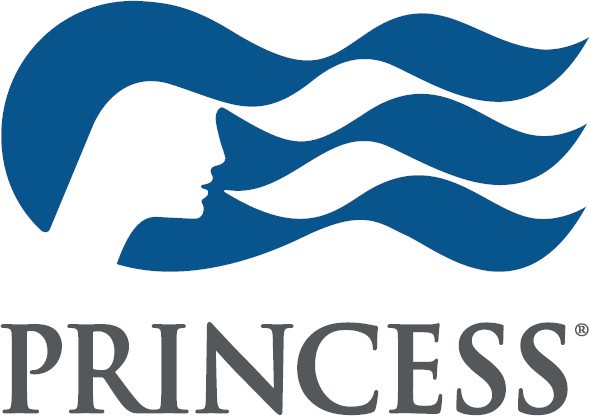Sea You Tomorrow: Costa Cruises Presents Its Sustainability Report & Plan
Responsible innovation and value
creation are the pillars of Costa Cruises’ corporate social responsibility plan
and its contribution to sustainable development. This commitment is
reflected by the results of Costa’s Sustainability Report 2014: 100%
separated waste; LED lighting fleetwide and the world’s first LNG-powered ships
due for delivery in 2019 and 2020.
Genoa – October 1st, 2015 – Costa Cruises,
Europe’s number one cruise company, has presented its “Sustainability Report -
Results for 2014 and Outlook for the Future” and illustrated its corporate
social responsibility plan for the coming years.
Divided into
three sections titled “SEA, YOU, TOMORROW”, the Report highlights the main sustainability
results achieved by the company. The final section, dealing with the
plan, defines Costa’s objectives and route for the future in terms both of the
product and innovation, and of the path to sustainable growth.
The Report can
be downloaded in the new “Sustainability” section of the Costa Cruises website
at www.costacruise.com/sustainability.
SEA - Costa
Cruises is constantly committed to minimizing the environmental impact of its
operations; it does this by means of a series of initiatives aimed at careful
use of energy resources, reduction of greenhouse gas emissions and water
consumption, and efficient waste management.
The main
results in the environmental field obtained in 2014 were:
(year-on-year
% reduction)
-
9% decrease in fuel consumption per passenger/day;
-
3% reduction in the company’s carbon footprint;
-
emission reductions equal to -4% tonnes of SOx, -7% tonnes of NOx
and PMs (gases typically produced during fuel combustion processes);
-
9.7% reduction in energy consumption;
-
installation of the Exhaust Gas Cleaning system for abatement of
emissions on 7 ships in the fleet;
-
replacement of existing light globes with low power consumption LED lamps on all
the ships in the fleet: 450,000 globes were replaced, resulting in 80%
energy savings;
-
100% of materials and products consumed on board collected and
separated for disposal and recycling;
-
1.36% reduction in water consumption on the ships, 68% of which is
produced directly on board by means of special desalination plants.
YOU –
Costa works constantly to build solid relations with local organizations
in order to help create economic and - above all - social value. Indeed,
the links with local communities go beyond simply taking many thousands of
tourists to the finest destinations all over the world. The presence of
the Italian company brings significant benefits for the local economy in each
place visited, generating new opportunities for business and employment, both
directly and through the development of allied industries.
To give an idea
of the scale of this positive impact, Costa has over 8800 suppliers in 5
continents and its ships sail to 261 ports of call located all over the world,
with 21 added in 2014. Specific examples include development and
expansion of the operations in the homeport of Savona, where Costa Cruises
opened the second terminal building at the Palacrociere, and the partnership
with the Municipality of Genoa promoting the city’s UNESCO World
Heritage-listed Palazzi dei Rolli (once used to provide lavish State
accommodation to visiting dignitaries).
Costa’s
operations lead to the creation of jobs both indirectly and directly through
the recruitment of company employees: in 2014 Costa Cruises provided work
for 4000 new shipboard hires in the 18 to 30 age group employed under industry
specific contracts.
TOMORROW – The
commitment for the future translates into the planning and implementation of
highly innovative corporate social responsibility projects. In July this
year, Costa Cruises announced that it had placed orders for the construction of
the first two cruise ships in the world to be powered by LNG (Liquefied Natural
Gas.), the world’s cleanest burning fossil fuel. The ships are due to
enter service in 2019 and 2020. This will entail a substantial investment
and is a move ushering in a new era of sustainable fuels. Costa Cruises’
pioneering decision to introduce these vessels is a prime example of the way
the company pre-empts industry trends, while guaranteeing environmental
compliance and protection.
With regard to
the product, Costa is committed – for example – to promoting a healthy and
sustainable food experience for guests and crew members. This is done by
fostering local culinary traditions and sourcing local ingredients, with a
particular emphasis on Italian dishes and the Mediterranean diet.
Accordingly, priority is given to supplies of fresh food in the different
ports of call, with 25% of this produce purchased locally, thus bringing about
a substantial reduction in the impact generated by logistics activities. The
involvement of partner suppliers committed to responsible management of the
supply chain also testifies to the Italian company’s policy of adopting and
promoting a sustainable food model.
The 2014
Sustainability Report is audited by Price Waterhouse Coopers (PwC). It is
drawn up in accordance with the Global Reporting Initiative (GRI)-G4 guidelines
(disclosure at Core application level), setting it apart from similar documents
issued by other cruise lines.


















